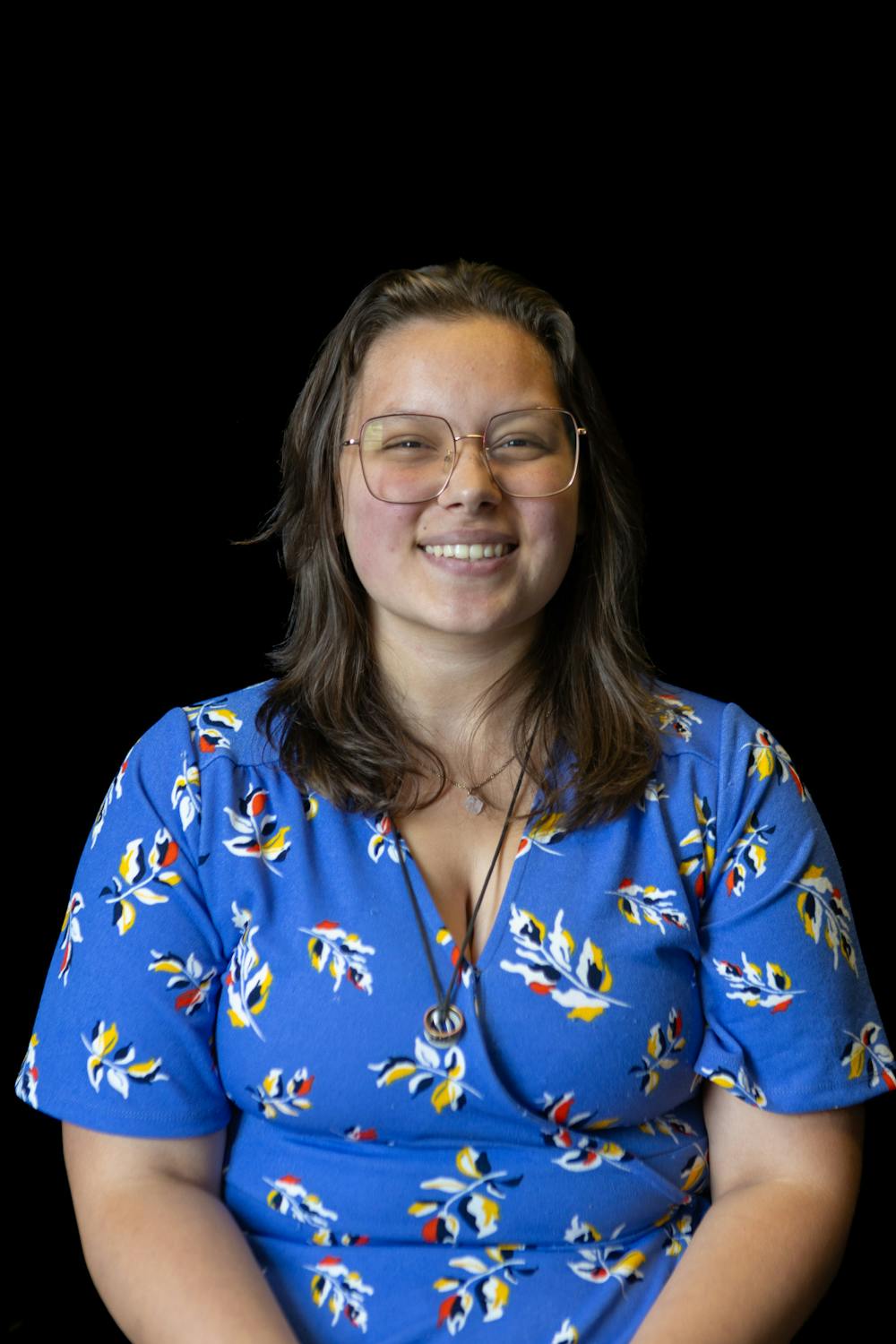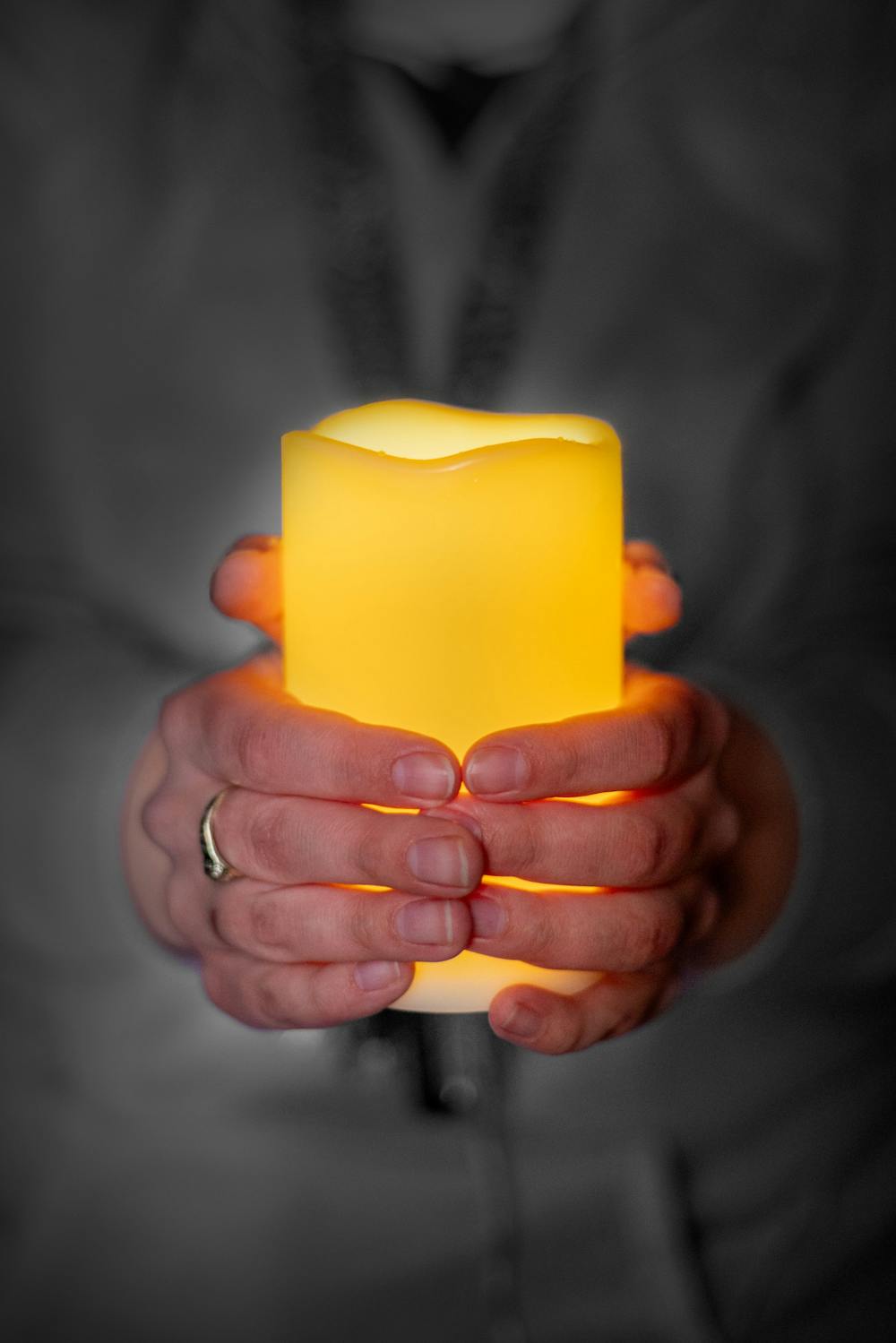COLUMN: Something to care about
What is grief, if not love persevering? A heavy concept to be presented in an episode of “Wandavision” on Disney+, but a valuable lesson all the same.
A few days before Christmas, I found out that a student at the high school I graduated from had taken his own life. It took a while for the death to really sink in. When it did, it hit hard: empathy for the parents experiencing something a parent should never have to feel and seeing posts from students who were going to miss him terribly.
The community outreach was immediate and heartwarming. Students shared their favorite memories and started a fundraiser to help with funeral expenses.
The student, whose name I won’t share for the sake of his family’s privacy, was part of the band program. He laughed and learned in the same music rooms where so many of my high school memories were made. It was the same room that hosted a candlelight vigil in his honor two days after Christmas.
But retrospectively I wondered why I had that hesitation. Why the death of someone whose own experience overlapped with mine didn’t sink in for an hour. And I think it’s representative of a larger issue: apathy.
When we watch or read the news, we’re often presented with numbers:
- Reuters estimates that 17,487 Palestinians have been killed since Oct. 7, 2023.
- United Nations News estimates over 10,000 Ukrainian civilian deaths since the beginning of Russia’s full-scale invasion, as of November 2023.
- New York Times reported troop deaths and injuries in the same Ukraine-Russia war are near 500,000. This is from both sides and approximate.
But what do those numbers really mean? Each was once a living, feeling person. What’s left behind is a family that holds their memory along with the weight of their loss. And beyond that family is a community that feels the aftershock of a single death.
Anne Frank, most remembered for the publication of her diary as a Jewish person hiding from persecution in Nazi Germany, once said in a now-famous quote that dead people get more flowers than living ones because regret is stronger than gratitude.
Loss is the kind of thing that brings people together, whether it’s the martyr who brings a cause to a head, or a community’s interdependence in mourning.
This is not a lecture on coping with loss, but rather a reminder of all of the individual moments that surround the losses, conveyed across oceans as numerical totals instead of real stories.
That desensitization makes it easy to dismiss and easy to avoid processing and feeling. But that’s a real problem. And it feeds into the larger point that I’m trying to make.
Our goal with this edition was to ask ourselves and our community what we want to see this year, and my answer: empathy. I want to see people care about each other and what they do.
My Dad has five rules for life, and the first is that you have to care. About feelings, people, anything and everything that gives life color.
It’s overwhelming to try to care about everything. When we consider all of the possible things to worry about or be concerned about, it adds up quickly. Rather than become an alarmist and list things to fear, what I will ask of you is that this year you find something to love. Something that reminds you of the beauty of the world despite the darkness.
Do I sound like a foolish, starry-eyed dreamer yet? I hope so. I might be a skeptic, but I pity a pessimist. There’s a little (or a lot) of dreamer left in all of us, and I’m a firm believer that love, care and passion will create the change so many of us wish to see in the world.
So what am I asking of you this year? Look up at the stars, and find something to care about.








